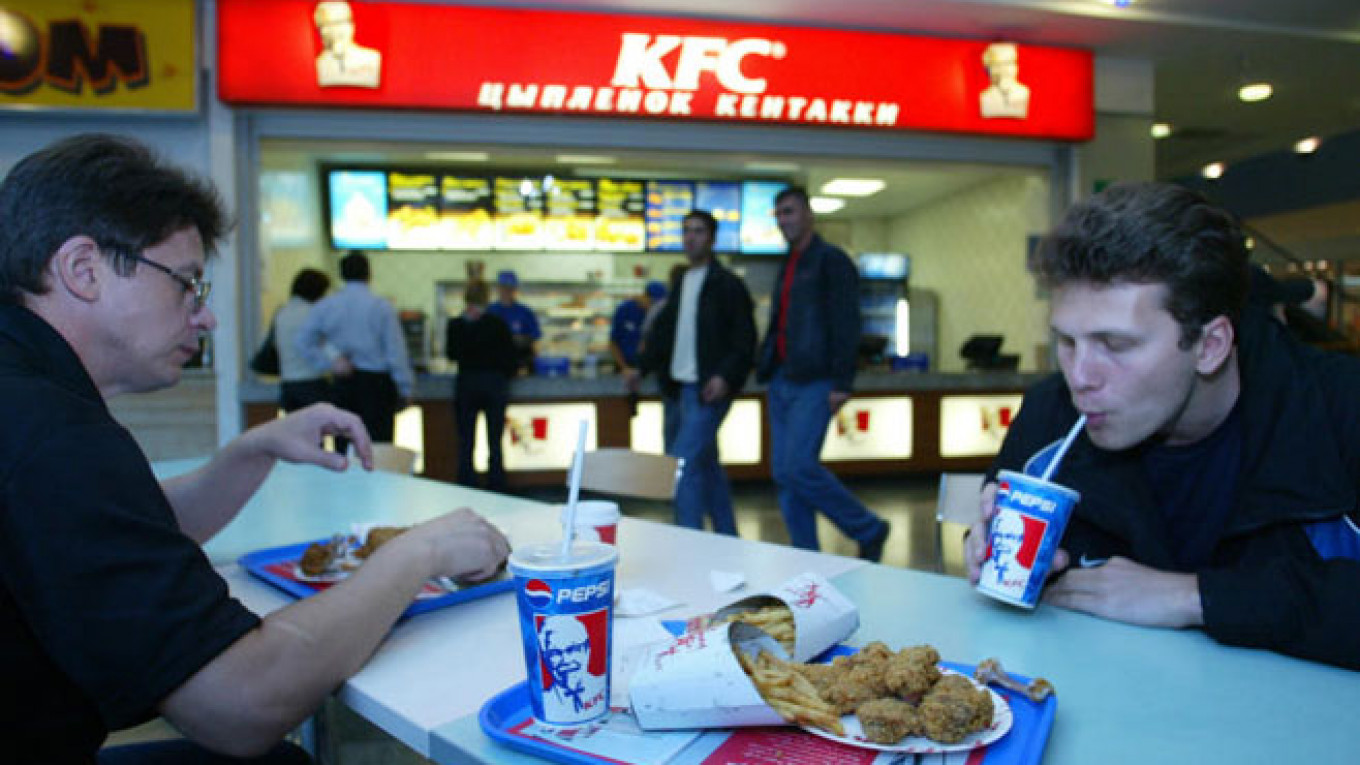As Western countries ramped up rhetoric about additional measures against Russia on Wednesday, U.S. business leaders were set to meet with Defense Secretary Chuck Hagel in Washington to discuss concerns over tougher sanctions, Bloomberg reported.
On Monday the U.S. and the European Union froze assets and placed travel bans on select Russian and Ukrainian officials in retaliation for their perceived involvement in Crimea's move to break from Ukraine and join Russia. Such sanctions are "unacceptable and will not remain without consequences," according to the Russian Foreign Ministry. Western officials have said that sanctions could be increased.
Western companies with close economic ties to Russia are watching the situation closely.
"Hopefully the industry can weather it out, avoid heavy sanctions," said Norm Liu, CEO of GE Capital Aviation Services, a unit of General Electric. GE Capital Aviation Services, the world's largest aircraft leasing company, has 54 planes in Russia.
Some companies are attempting to conduct business as usual. A spokeswoman for Yum! Brands, which operates and licenses chain restaurants including Pizza Hut and KFC in Russia, said that they were "focused on our customers," not on the political situation.
Retail, industrial production and energy sectors are especially have seen significant foreign investment. Aeroflot has 20 A350s on order from plane manufacturer Airbus, for a list price of $6 billion. Carlsberg, a Danish brewing company, and Spanish multinational Inditex, owner of the Zara clothing chain, both have strong presences on the Russian market. Exxon Mobil, which holds drilling rights to 4.6 million hectares in Russia, had been preparing joint exploration with state controlled oil company Rosneft.
Multinational corporations have developed strong economic ties to Russia, with the EU exporting 152 billion euros ($207 million) of goods and services in 2012, an increase of 14 percent from the previous year. European and U.S. banks lent $136 billion and $27.2 billion respectively to Russian companies in the first nine months of 2013, the Bank for International Settlements said.
Possible sanctions could also hurt foreign manufacturers by accelerating the decline of the already falling ruble. Renault-Nissan, which produces a third of all cars sold in Russia, has increased prices twice since January. Ford's joint venture with Sollers is considering production cutbacks due to the weakening ruble, according to Russian media reports.
The car market as a whole may contract up to 10 percent if sanctions are severe, said researcher LMC Automotive.
Some U.S. companies are also taking short-term measures. The local general director of a Fortune 500 U.S.-based high-tech multinational said Wednesday that as a result of the Crimean situation his company had issued an internal travel ban prohibiting American executives from coming to Russia.
Contact the author at [email protected]
A Message from The Moscow Times:
Dear readers,
We are facing unprecedented challenges. Russia's Prosecutor General's Office has designated The Moscow Times as an "undesirable" organization, criminalizing our work and putting our staff at risk of prosecution. This follows our earlier unjust labeling as a "foreign agent."
These actions are direct attempts to silence independent journalism in Russia. The authorities claim our work "discredits the decisions of the Russian leadership." We see things differently: we strive to provide accurate, unbiased reporting on Russia.
We, the journalists of The Moscow Times, refuse to be silenced. But to continue our work, we need your help.
Your support, no matter how small, makes a world of difference. If you can, please support us monthly starting from just $2. It's quick to set up, and every contribution makes a significant impact.
By supporting The Moscow Times, you're defending open, independent journalism in the face of repression. Thank you for standing with us.
Remind me later.






